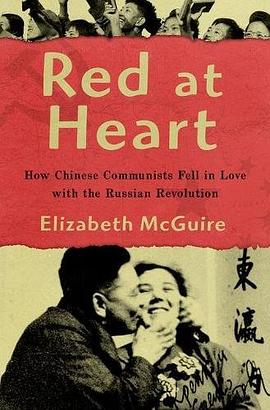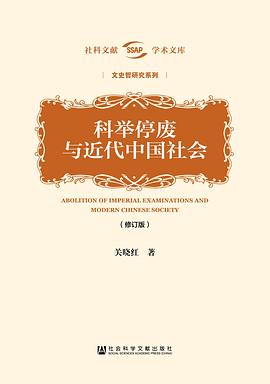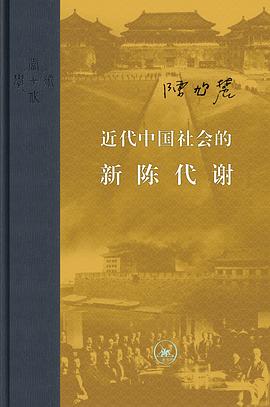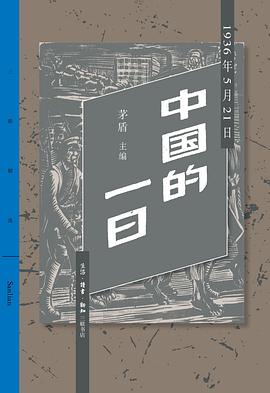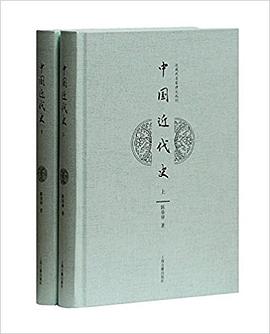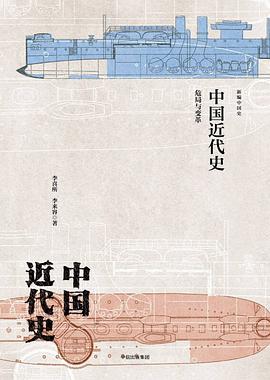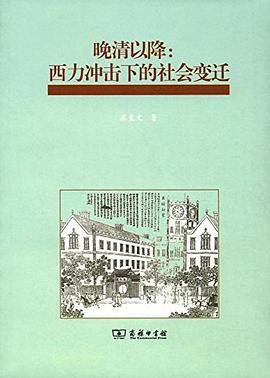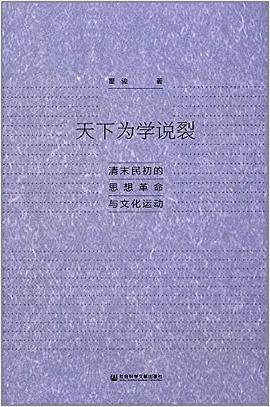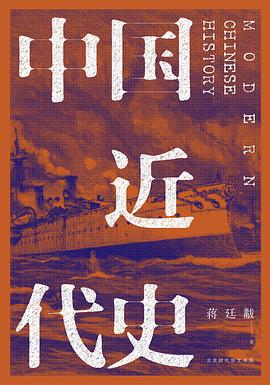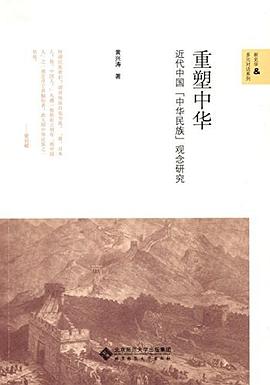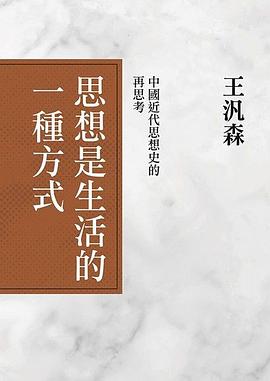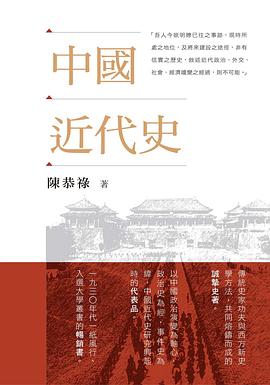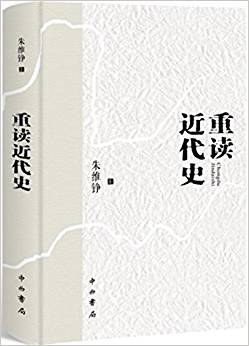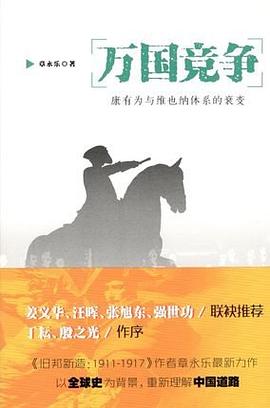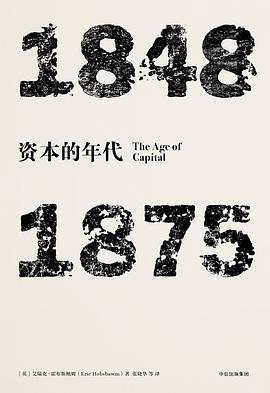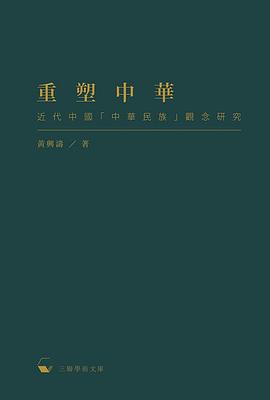
具體描述
Elizabeth McGuire is an Assistant Professor of History at California State University, East Bay.
Beginning in the 1920s thousands of Chinese revolutionaries set out for Soviet Russia. Once there, they studied Russian language and experienced Soviet communism, but many also fell in love, got married, or had children. In this they were similar to other people from all over the world who were enchanted by the Russian Revolution and lured to Moscow by it.
The Chinese who traveled to live and study in Moscow in a steady stream over the course of decades were a key human interface between the two revolutions, and their stories show the emotional investment backing ideological, economic, and political change. They embodied an attraction strong enough to be felt by young people in their provincial hometowns, strong enough to pull them across Siberia to a place that had previously held no interest at all. After the Revolution, the Chinese went home, fought a war, and then, in the 1950s, carried out a revolution that was and still is the Soviet Union's most geopolitically significant legacy. They also sent their children to study in Moscow and passed on their affinities to millions of Chinese, who read Russia's novels, watched its movies, and learned its songs. Russian culture was woven into the memories of an entire generation that came of age in the 1950s - a connection that has outlasted not just the Chinese Cultural Revolution and the collapse of the Soviet Union, but also the subsequent erosion of socialist values and practices. This multi-generational personal experience has given China's relationship with Russia an emotional complexity and cultural depth that were lacking before the advent of twentieth century communism - and have survived its demise. If the Chinese eventually helped to lead a revolution that resembled Russia's in remarkable ways, it was not only because class struggle intensified in China due to international imperialism as Lenin had predicted it would, or because Bolsheviks arrived in China to ensure that it did. It was also because as young people, they had been captivated by the potential of the Russian Revolution to help them to become new people and to create a new China.
This richly crafted and narrated book uses the metaphor of a life-long romance to tell a new story about the relationship between Russia and China. These lives were marked by an emotional engagement that often took the form of a romance: love affairs, marriages, divorces, and
用戶評價
##八卦小報印成書瞭
評分 評分 評分##八卦小報印成書瞭
評分一片紅心:中國共産主義者如何愛上俄國革命
評分##作為非虛構作品來讀非常好看。
評分一片紅心:中國共産主義者如何愛上俄國革命
評分##我會說這是一部非虛構作品。作者的文筆極好,大量細節鋪陳,雕梁畫棟,或是源於creative writing綠皮書的聖經指點——采訪時要注意那些相關與不相關的細節,或是源於曆史材料的采擷——迴憶錄材料在其中占據瞭大量比重。作者多語言收集、應用文獻的能力,英語世界對國際左翼運動研究的總體推進程度,保證瞭這本書的基本成色。印象尤為深刻的是很多在印象中頗為神秘的故事,——蔣經國的去國與歸國,莫斯科神秘的子弟學校、蕭三兜兜轉轉的成名經過,莫斯科遠東乾部訓練學校與中山大學的黨事人事糾葛,——若是從俄語文獻齣發,原來是那般稀鬆平常,符閤邏輯。這就是檔案的魅力吧!不過“非虛構”也就失其淺嘗輒止,麵麵俱到,以筆逆誌,失瞭邏輯推進,追索問題的能力,隻能雕在既有研究的屏風上,成為錦綉斑斕的死鳥。
評分##被題目騙瞭,這書思想史價值幾乎為零。而且不從思想史來說,即使廣泛意義上說史料價值,這本書也沒提供多少,尤其缺少有意義的反思和整理。作者在引言中說想要把中蘇之間的戀愛故事作為一種中蘇關係的隱喻來看,但最後這些故事缺乏一個有價值的歸納:如果中蘇關係本身是一個戀愛史,是什麼導緻瞭二者的分與閤?從作者對這些個體故事的八卦式講述中看不到這個答案。再退一步,僅從個人史來說,作者隻關心八卦,而毫不關心政治影響,所以這本書作為嚴肅的史學作品,完全沒有得到任何提煉升華。隻有偶爾字裏行間提到一兩句靈光一現的話讓人有興趣,比如說當中國左翼學生去蘇聯學習的時候,他們想象的蘇聯是歐洲的,而不是歐亞的。這些話一閃而過,作者自己顯然也沒當迴事、沒想要去深入挖掘其中含義。
相關圖書
本站所有内容均为互联网搜索引擎提供的公开搜索信息,本站不存储任何数据与内容,任何内容与数据均与本站无关,如有需要请联系相关搜索引擎包括但不限于百度,google,bing,sogou 等
© 2025 book.tinynews.org All Rights Reserved. 静思书屋 版权所有

